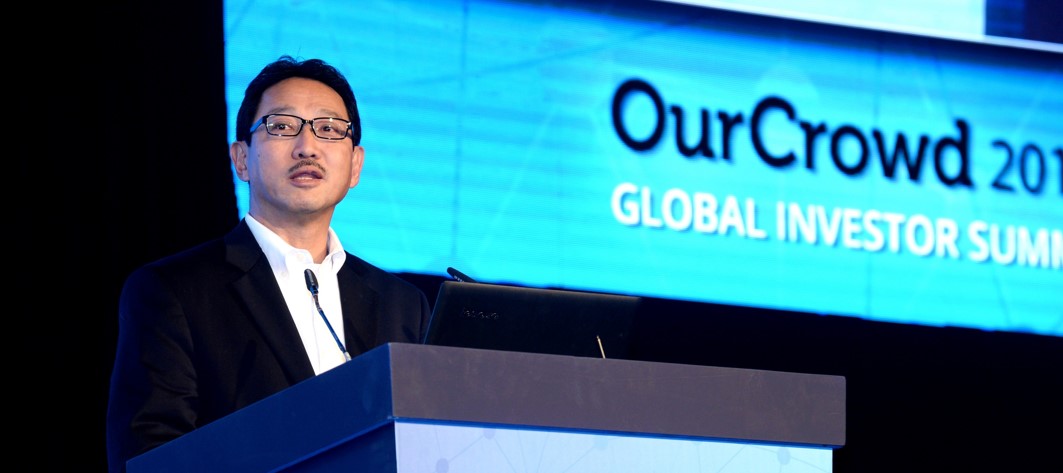Out to enjoy the ride: Q&A with Honda Silicon Valley Lab’s Nick Sugimoto
One of the highlights at OurCrowd’s 2016 Global Investor Summit last month, was when Honda, Samsung, GE, and other major multinational corporation partners, along with global startups, presented the technology that will bring you the future of mobile, the future car, the future of healthcare, the future… world, basically. Opening the “future of…” plenary series was Noaki “Nick” Sugimoto, Senior Program Director of Honda Silicon Valley Lab, presenting on the Future of Mobility. A successful serial entrepreneur, Nick oversees Honda’s advanced information technology R&D in Silicon Valley, as well as global strategic partnerships. Previously, Nick led the corporate venture capital program at Honda, where he invested in a number of innovative startup companies and built strategic R&D partnerships. We asked Nick a few questions about collaborating with Israeli startups, Honda’s vision for the future of mobility, and what his own dream car would look like. The future of mobility: Q&A with Nick Sugimoto OurCrowd: You recently visited Israel, often dubbed the Startup Nation, for the 2016 Global Investor Summit in Jerusalem. What surprised you the most about this country? Nick Sugimoto: Honda has worked closely with innovators in the Startup Nation for years, and...
Read More

![[PRESS RELEASE] OurCrowd Makes Fast Company’s List of the World’s Most Innovative Companies, 2016](https://blog.ourcrowd.com/wp-content/uploads/2017/07/press_release_image.jpg)




